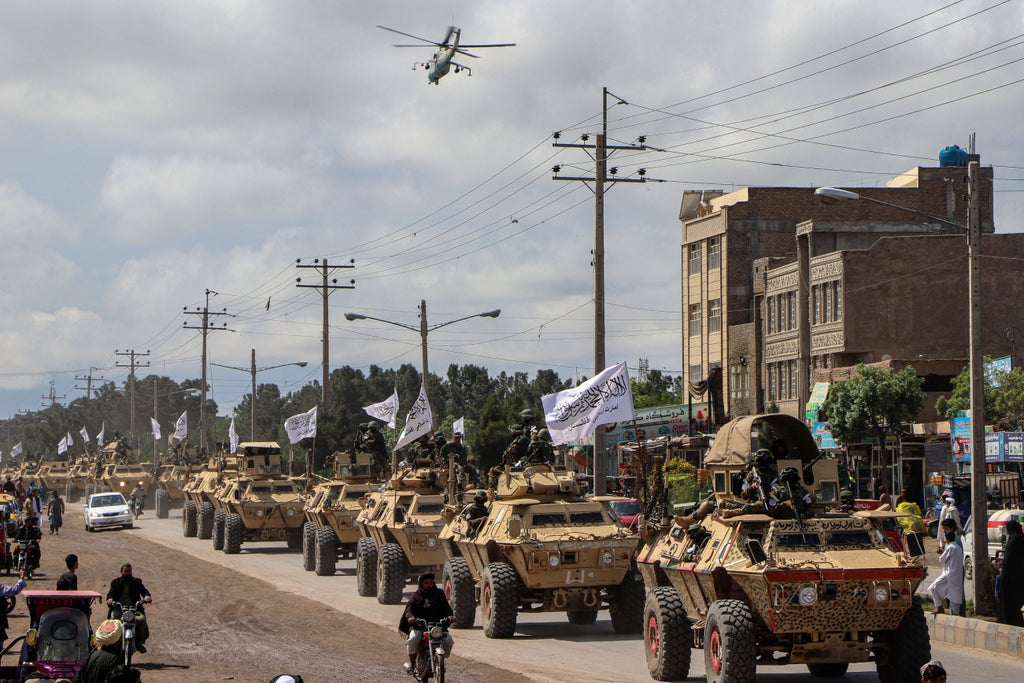
A former senior prosecutor who is being hunted by the Taliban says he fears for his life because the UK’s resettlement scheme is failing to support Afghans at exceptional risk.
The prosecutor, whomThe Independent cannot name for safety reasons, has been living in immigration limbo in Pakistan for more than five months. Despite having British family members, he has been unable to secure a move to the UK.
The former director of prosecutions for an Afghan province that is home to 500,000 people told The Independent he felt “constantly terrified” that Taliban networks within Pakistan would find him.
He has already been the victim of a targeted car-bomb attack, which he narrowly escaped when he swapped cars halfway through his journey, and his family homes in Afghanistan have been searched by the Taliban. He also says he has been sent several letters threatening his life.
Labour MP Diane Abbott has raised his case multiple times, both with the Home Office and the Foreign Office, but has yet to receive a response.
The Home Office’s Afghan Citizens Resettlement Scheme (ACRS) was designed to offer sanctuary to “vulnerable people and members of minority groups at risk”, as well as to Afghans who have “stood up for values such as democracy, women’s rights ... and [the] rule of law”.
But places will first be filled by people who are already in the UK, leaving few routes for at-risk Afghans – either still in the country or in a third-party country – to come here.
Charities have shared concerns that, eight months on from its initiation, the scheme “still offers little or no capacity for those most at risk in Afghanistan, or those who have fled into neighbouring countries, to come to the UK in a safe way”.
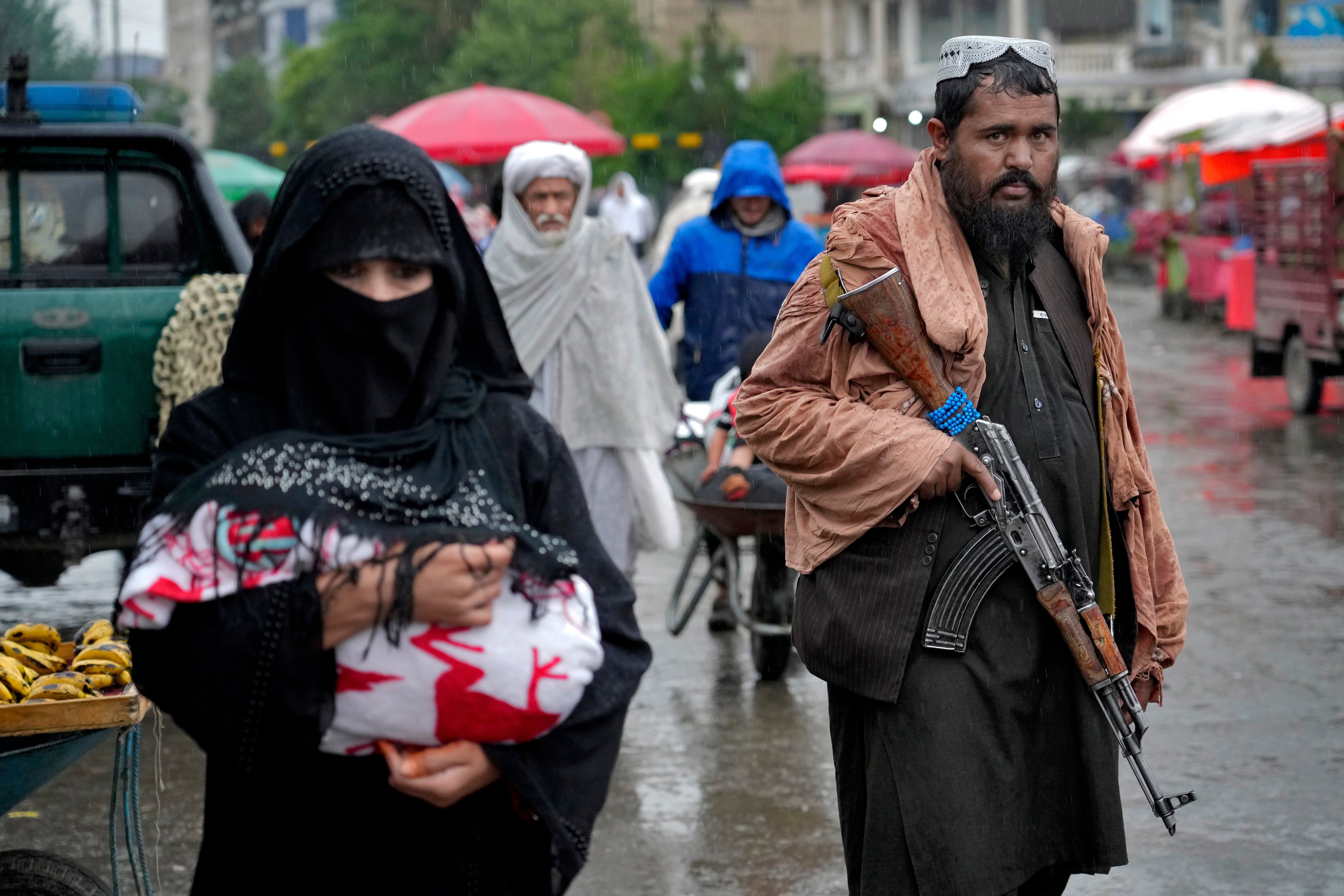
Describing the Taliban takeover on 15 August 2021, the prosecutor, speaking through an interpreter, said: “Can you imagine all the prisoners that I had put in prison for their crimes escaping? All the jails were breaking down, and everyone was coming out by themselves. I was scared to death.”
At work, he was in charge of a central prosecution office for his province, six district offices, and separate offices that promoted women’s and children’s rights and prosecuted the police.
He also made visits to high-profile Taliban prisoners in the area. “Dealing with the Taliban is a nightmare for all the attorneys,” he told The Independent. “It was unusual for the head of a province to speak to them directly, but I wanted to see if they had regrets for what they did, as many of them are young.
We must honour the promises we’ve made to the people of Afghanistan, and open up this vital route to safety
“But it was very difficult, because some of them were the most dangerous people – who are proud of killing women and killing children – and they said they would never regret their crimes.”
He described how he felt when Ashraf Ghani’s government fled the country and the Taliban took control.
“I had worked for many years serving the people of Afghanistan, and it was heartbreaking to see the Taliban take over. I couldn’t believe what had happened. This was not only the failing of Afghanistan, but the failing of our people,” he said.
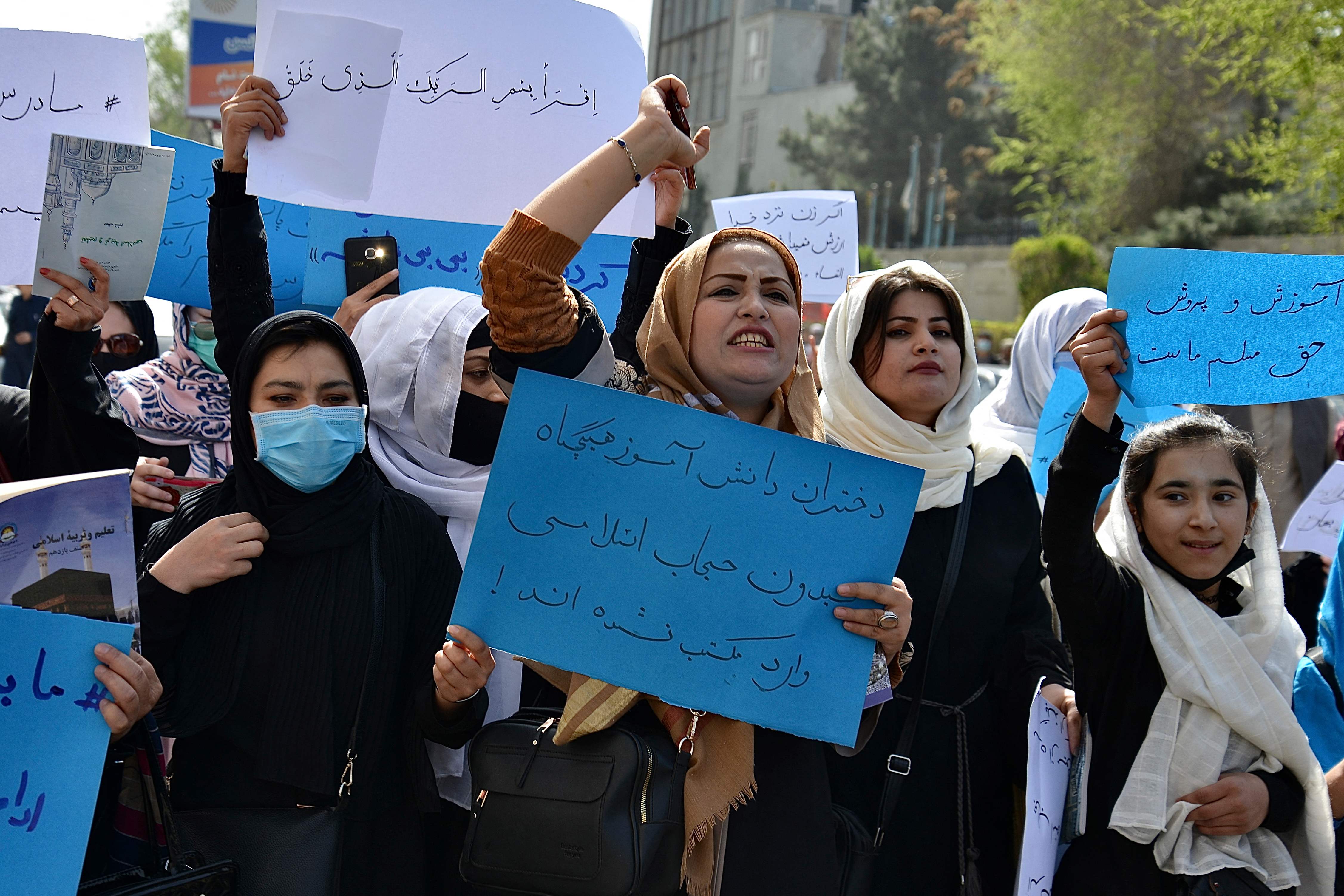
“I put all my heart and my life into my country, and to see it fall like that was soul-destroying. Imagine working for 20 years, building an education system, making progress on women’s rights, and then to wake up one day and see it destroyed.
“I was thinking: ‘I am dead right now.’ Me living in this world is not going to have any more meaning. We are now 20 years behind. I cannot believe it. I can never believe it.”
His nephew, who lives in London and migrated from Afghanistan to the UK around seven years ago, has contacted the Foreign Office and the Home Office to try to get help for his uncle.
The treatment of Afghan visa applicants has been appalling
In the chaos of the UK’s withdrawal from Afghanistan, he managed to get a Foreign Office official to call his uncle in Kabul; however, his uncle’s attempts to get through the crowds at the airport failed.
He hasn’t heard anything about his uncle’s case since. “The Taliban have searched our two houses in Afghanistan, breaking doors and windows, asking where he is. My dad and I look after him, but his life is still in danger in Pakistan. He has had to change location three times,” the nephew said.
“I am constantly terrified; I am worried that I will go to jail. I don’t know what is going to happen,” the prosecutor added.
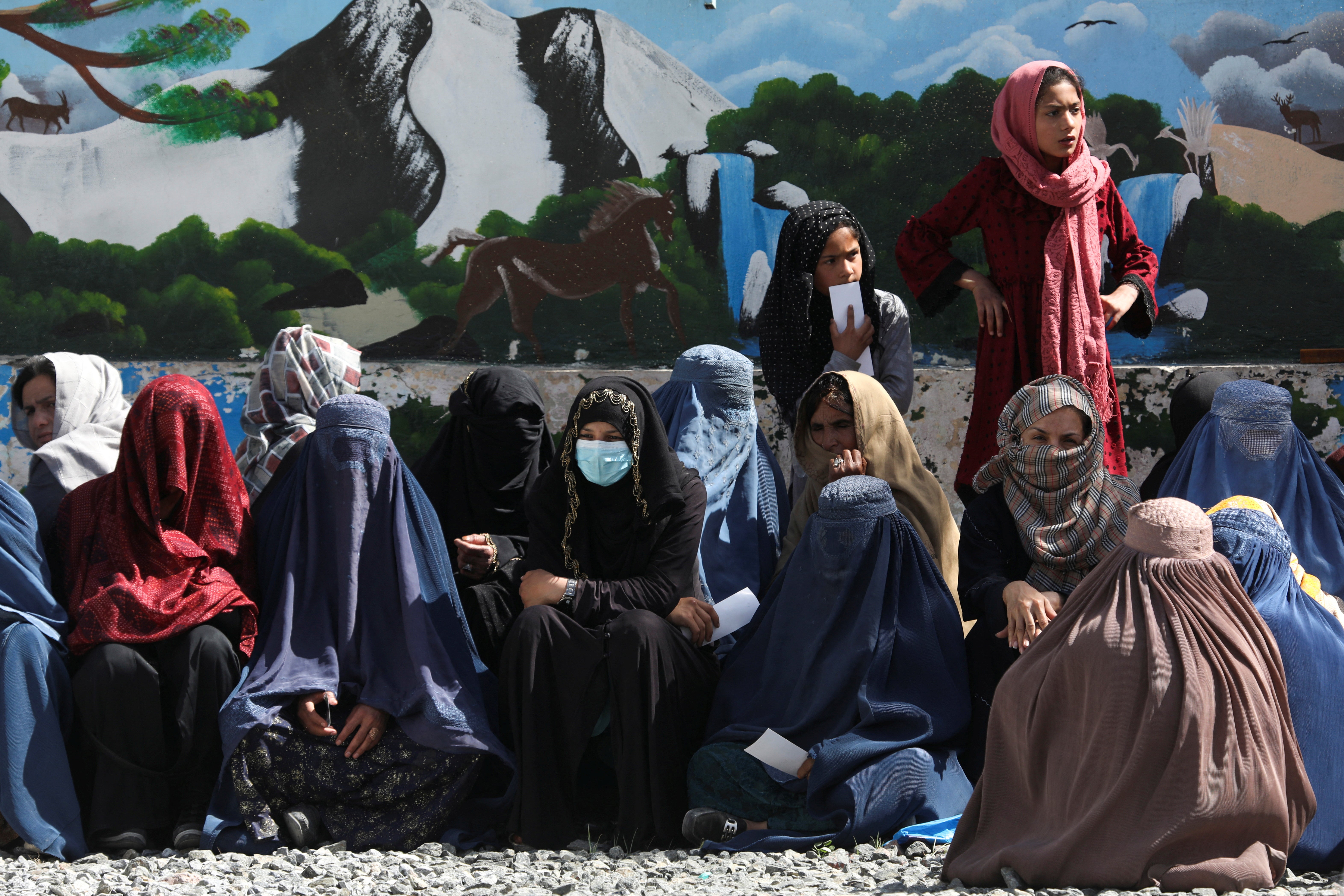
In a letter to the prosecutor’s solicitor, the Home Office admitted that “there is no application process for the ACRS” and that vulnerable and at-risk individuals who had arrived in the UK under the evacuation programme would be the first to be settled under the scheme.
Labour MP Ms Abbott told The Independent: “We have raised this particular case multiple times, both with the Foreign Office and the Home Office. We have yet to receive a reply.
“In general, the treatment of Afghan visa applicants has been appalling. Whatever your view of the Afghan war, this country was a key participant, and many of those who helped British forces are now in grave danger. Yet this government seems to have turned its back on them almost entirely.”
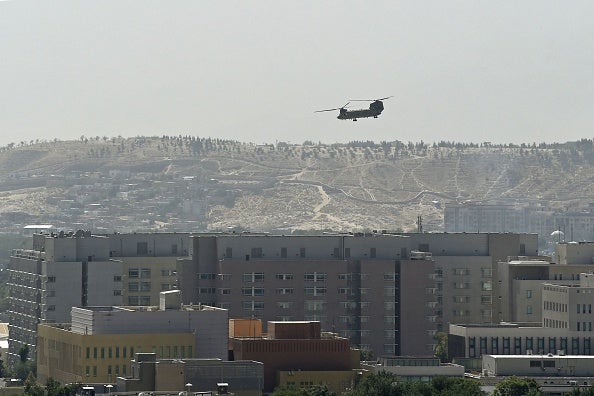
Andy Hewett, head of advocacy at the Refugee Council, said his charity was “gravely concerned” at the delays in getting those in danger to the UK safely through the ACRS.
“Thousands of Afghans – who are vulnerable to persecution by the Taliban – are being left in a truly desperate situation,” he added. “We receive messages from these people, who are living in hiding, with harassment, and in constant fear for their lives.”
He said “no referral pathway” had been opened for these vulnerable people. “It is a matter of real urgency. We must honour the promises we’ve made to the people of Afghanistan and open up this vital route to safety.”
Mark Fenhalls QC, chair of law association the Bar Council, said: “We continue to urge the UK government to make the pathway for ACRS-eligible Afghans straightforward and accessible.”
A spokesperson for the Home Office said: “The UK has made one of the largest commitments to resettlement of any country. Our scheme will provide up to 20,000 Afghan women, children and other at-risk groups with a safe and legal route to resettle in the UK.
“We are working as fast as possible to house everyone and are proud this country has provided homes for more than 4,000 Afghans evacuees in such a short space of time.”







